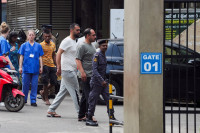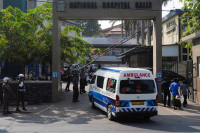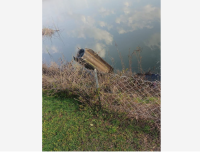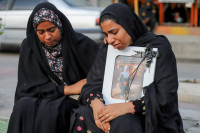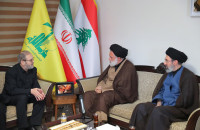World
United Nations special rapporteurs urge Nepal to rectify the appointments in the National Human Rights Commission
They have pointed out the appointments were not in line with international practices and undermines the independence, integrity and legitimacy of the rights body.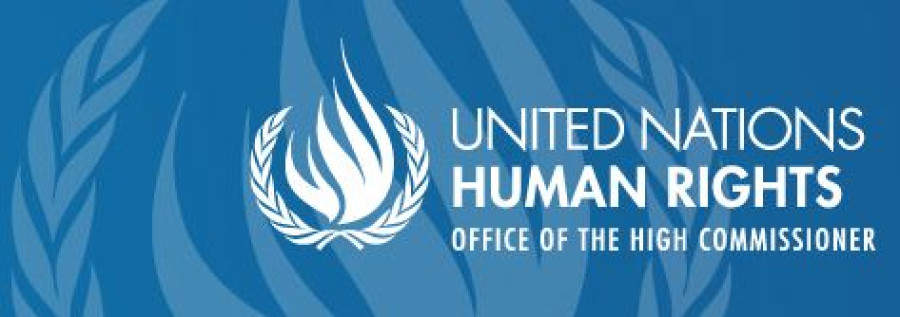
Post Report
The United Nations special rapporteurs on the different thematic groups have urged the Nepal government to rectify the appointments in the National Human Rights Commission.
Issuing a joint statement on Tuesday the nine special rapporteurs said the recent appointment of the chairperson and the members in the commission is inconsistent with international standards.
"We are deeply concerned that the appointment process is not in line with international standards and that it undermines the independence, integrity and legitimacy of the NHRC, which restricts the ability of the people of Nepal to access appropriate remedies for alleged human rights violations," the rapporteurs said in the statement. "This will have a chilling effect on civil society actors.”
The statement comes a month after the Global Alliance of National Human Rights Institutions raised similar concerns.
The United Nations Office of the High Commissioner for Human Rights serves as the secretariat of the alliance which has 127 members.
"This appointment process has failed to implement the essential requirements of the Paris Principles, including the need for an open, transparent and participatory process with broad consultations," they said.
Adopted in 1993 by the United Nations General Assembly, the Paris Principles set six criteria that national human rights institutions need to follow. These include autonomy from the government and the independence guaranteed by the constitution besides adequate competence, pluralism and the availability of resources and powers to canary out investigations.
Those issuing the statement includes Clément Nyaletsossi Voule, special rapporteur on the Rights to Freedom of Peaceful Assembly and of Association; Tae-Ung Baik (Chair), Henrikas Mickevičius, (Vice-Chair), Aua Balde, Bernard Duhaime and Luciano Hazan, Working Group on Enforced or Involuntary Disappearances; Mary Lawlor, special rapporteur on the situation of human rights defenders; Diego García-Sayán, special rapporteur on the independence of judges and lawyers; Nils Melzer, special rapporteur on Torture and Other Cruel, Inhuman or Degrading Treatment or Punishment.
On February 3, President Bidya Devi Bhandari administered the oath of office to the chair and the four commissioners of the Human Rights Commission along with 27 other appointees to various constitutional bodies.
The Constitutional Council, headed by Prime Minister KP Sharma Oli, had made a total of 38 recommendations on December 15 after amending the Constitutional Council (Functions, Duties, and Procedures) Act through ordinance, allowing the council to recommend names in the presence of its majority members.
Speaker of the House of Representatives Agni Sapkota and Nepali Congress President Sher Bahadur Deuba, the leader of the opposition in the House, had boycotted the meeting that made the recommendations.
The constitutional provision that parliamentary hearings must be conducted for the appointments was not followed as Oli went on to dissolve the House on December 20.
In the absence of hearings, the candidates could be appointed 45 days after their names were recommended to the President.
The rapporteurs said the recent appointments had also failed to adhere to domestic law as enshrined in the Constitution of Nepal and noted that authorities had shown unwarranted haste in avoiding crucial processes such as the parliamentary hearing.
"We call on the Government to reverse the appointments to the Constitutional bodies and facilitate a new process marked by openness, transparency, broad consultation and participation," they said. "The independence and impartiality of the Commission are vital for the effective functioning of a democratic State based on the rule of law."




 27.41°C Kathmandu
27.41°C Kathmandu